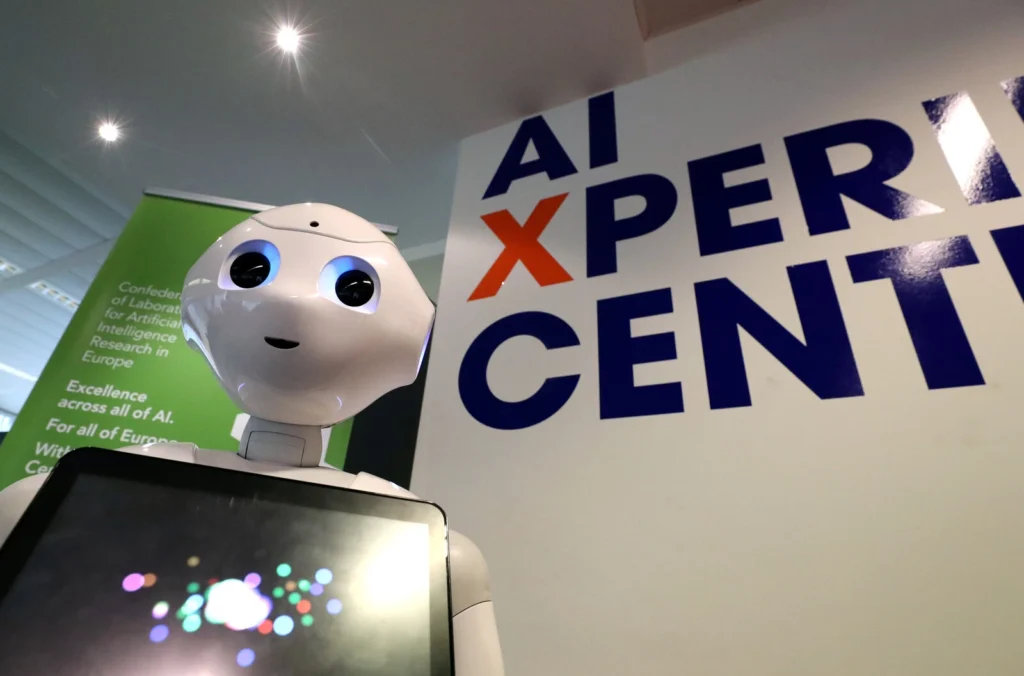Mustafa Suleyman, Co-Founder of Inflection AI and author of The Coming Wave, recently made a bold declaration during an interview. He asserted that AI breakthroughs would mark the most transformative moment in technology, culture, and politics within our lifetimes.
Suleyman bore witness to the impact of AI breakthroughs and the implementation of generative AI and large language model(LLM) technologies. Moreover, he possesses a profound understanding of the challenges and opportunities that lie ahead.
This sentiment is echoed by two other leading figures in the AI sphere. Aidan Gomez, Co-Founder and CEO of Cohere, and Yann LeCun, Chief AI Scientist at Meta. Both Gomez and LeCun have been recognized on the TIME100 Most Influential People in AI list, further cementing their status as influential thinkers in the field.
In an excerpt from their interview, these experts delve into pivotal moments when they recognized the true potential of AI. They offered insights into the future trajectory of this transformative tool.
- AI Breakthrough 1: From creations to revolutionary AI applications in healthcare
The initial encounters with LLM tools often veer toward the whimsical. Aidan Gomez, co-author of the seminal Attention Is All You Need paper, recounts a moment of revelation when he received an email from his collaborator, Lukasz Kaiser. Kaiser had prompted the technology with the title “The Transformer,” and what ensued was a compelling narrative chronicling the history of a fictional Japanese punk rock band.
For Gomez, this served as a surreal moment that underscored the capabilities of large language models. Looking ahead, he envisions generative AI revolutionizing various professions, particularly healthcare. By streamlining administrative tasks, like note-taking, AIs have the potential to enhance productivity, allowing healthcare professionals devote more time to patient care.
- AI Breakthrough 2: Rethinking the Turing Test
Mustafa Suleyman advocates for a modernized interpretation of the Turing Test, originally conceived by Alan Turing in 1950. He proposes evaluating AI based on its ability to emulate entrepreneurial endeavors, from product ideation to marketing and sales. Suleyman anticipates that within the next decade, generative AI will adeptly perform these tasks, fundamentally reshaping economy and societal dynamics.
- AI Breakthrough 3: Bridging the gap between AI and the physical world
Yann LeCun emphasizes the importance of AI’s interaction with the physical world for its full realization. While current AI models draw upon vast amounts of textual data, LeCun stresses the need to incorporate experiential data gleaned from real-world interactions. This transition presents a significant challenge, as replicating the depth and breadth of human sensory experiences in machines remains a formidable task.
In summary, the insights shared by Suleyman, Gomez, and LeCun offer a glimpse into the transformative potential of AI and the avenues for its future development. As AI continues to evolve, it will profoundly impact various facets of society, reshaping industries, economies, and human experiences in unprecedented ways.
See also: Sakana AI: Open-Source AI Models Released By Tokyo lab Founded by former Google researchers


















